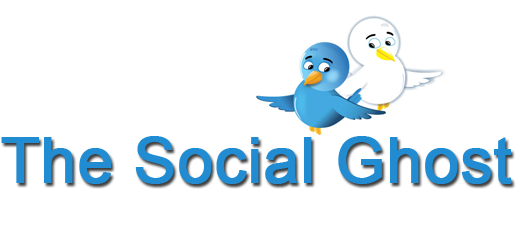
Let me ask you a question.
You are at a park, playing with your family. You sit down next to another family that seems pretty nice. Your kids are the same age, so they play for a while. You strike up a conversation and talk about the usual things; how long they’ve been in the neighborhood, where their kids go to school. Then after an hour its time to leave.
Would you trust them enough to hand over the keys to your home?
Of course not, silly question right?
Yet in many ways, business owners do this all the time.
In today’s world, the number one marketing tool, the only thing a business truly needs to control their marketing and sales, the tool that helps build a business’s reputation like nothing else, is a website. (Which many are built on a WordPress platform to make it convenient for the owner to add and change content on an as needed basis.)
Control over that site comes down to three things:
1. Knowing the company, user ID and password for your URL or domain name
2. Knowing the company, user ID and password for your hosting
3. Knowing the user ID and password to login to the backend of your site
Why is this important? Let me give you two case studies as examples.
Rob had a friend build his website for his business three years ago. His friend was looking for work, and did Rob a favor by building his site, while at the same time learning more about building a WordPress site. His friend bought the domain name, found hosting, and loaded everything up onto the system. Then his friend found a job … 2000 miles away. At first Rob could email him and ask for changes; his friend responded. Then his friend began traveling, took another higher paying job, and promptly lost all connection with Rob. Rob had been emailing for months trying to get access to no avail. Rob was now facing having to start over from square one, picking out a new domain name and finding someone else to build a new site. All the while losing all the traction and connections he had made with his first site.
Beth chose to have her site developed by a small business she found at a networking event. That company gave her a great deal on a complete package – they furnished the site, hosting and domain for one yearly fee. She happily paid it year after year until one day she opened up her computer and found her website was down, and email no longer worked. She called the small business only to find a recording that stated they were no longer in business. Without user and password information to her site, her domain name and her hosting company, she was left with the only option of starting over from step one. She too lost all of her traction, and also had to purchase a domain name that was less relevant and not related to her business name.
These scenarios happen all the time. People assume they have friends that will always be around, small businesses that will always be in business, constantly supporting their online marketing efforts.
It’s simply not true.
If you are reading this and it hasn’t happened to you yet, you still have time to take precautions.
Contact the person that holds your site, domain and hosting information and find out the following information.
Hosting – what company is being used? What is the user ID and password to get into the system? What email address is correspondence being sent to?
Domain name (URL) – what company is being used? What is the user ID and password to get into the system? What email address is correspondence being sent to?
Site – what is the user ID and password to get into the system? What email address is correspondence being sent to?
Once you have this information in hand, put it in a safe place for future reference.
This way you’ll never have a site that’s unusable because you can’t login, a domain name that expires and you lose it because you don’t know where it was purchased, or hosting that shuts down when a company goes out of business.
And you’ll avoid all the frustration that follows.
